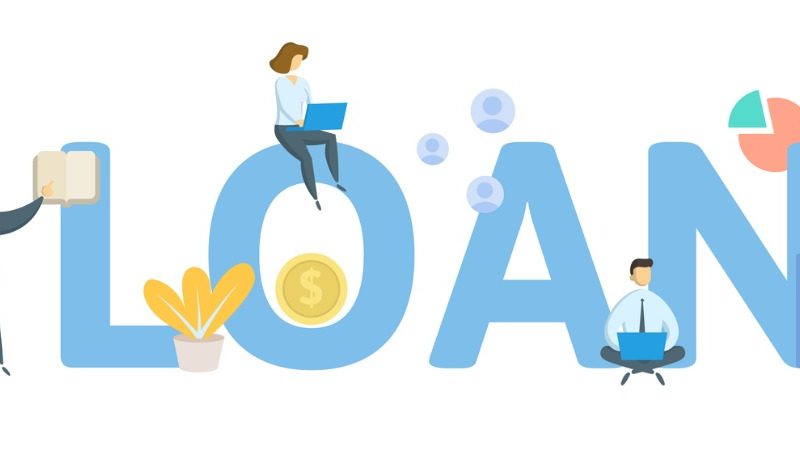Got a Christmas debt hangover? We’ve got five tips to sober up your bank balance
The post-Christmas season can be a tough one, and our data shows Kiwis are more likely to let their credit bills languish unpaid at this time of the year compared to any other. If you’re anything like the average New Zealander, you’re probably feeling the effects of spending up large in the lead-up to the festive season and in the wake of Boxing Day sales.
Usually around 6.4% of credit card accounts go past due without being paid, but in the January to March period, this jumps to 7.6%. It might not sound like much, but in a nation with $6.6 billion outstanding on credit cards, that little extra interest-incurring period adds up to millions in extra interest payments for consumers.
“It’s easy to get caught up in spending over Christmas, but if you’ve used credit to get through the holiday period, the next few months are crucial to ensuring your credit health,” says Credit Simple CEO David Scognamiglio.
“Late or missed payments on any borrowed funds will damage your credit score and could prevent you from getting credit again, so it’s crucial to make a plan to pay back and credit consistently and on time to keep your credit score healthy.”
And here’s what you’ve been waiting for: our five top tips for recovering from a post-Christmas debt hangover:
Shop around for a better deal on interest
Chances are you could be getting a better deal on any loans, credit cards, mortgages and even utilities, you just need to shop around. If you’ve been paying your bills on time and have a good credit score, credit providers will be eager to give you a handsome deal since you’re a good risk. Negotiate with your bank and current phone, power, insurance and internet providers to see if they can offer you better rates, and see what their competitors would be willing to offer you, too. You might be surprised at how much you could save in the long run in fees and interest. (Check out our offers by getting your credit score right here on Credit Simple.)
Limit credit applications
Each time you apply for credit it leaves a record on your credit file, and this typically makes your score drop. If you applied for credit before Christmas and now you’re going back for more, it’s going to pull your score down. There’s nothing wrong with changing your credit providers – in fact it can save you money – just make sure you’ve done your research and only apply for the best deal, rather than applying for whatever you can and then deciding on which one you want later.
Pay high-interest debt first
Prioritise your loans and ease the pain of interest by paying off the debt that’s incurring the most interest first. It can save you a lot of money in the long run.
Consistency is key
Paying your bills consistently and on time is the best thing you can do to make sure your credit score stays healthy. Set up automatic payments to pay bills straight away and your score will thank you. Pay more than the minimum amount required on loans and credit cards if you can too.
Avoid a default
If you’re feeling under pressure to make debt repayments, talk to your credit provider, don’t just ignore it and miss payments – your credit score and file will suffer. You may find your credit provider can put you on a different payment plan, making it feasible to meet your repayment obligations.
Credit Simple
Credit Simple gives all Kiwis free access to their credit score, as well as their detailed credit report. See how your credit score compares by age, gender and community and gain valuable insights into what it all means.
All stories by: Credit Simple


